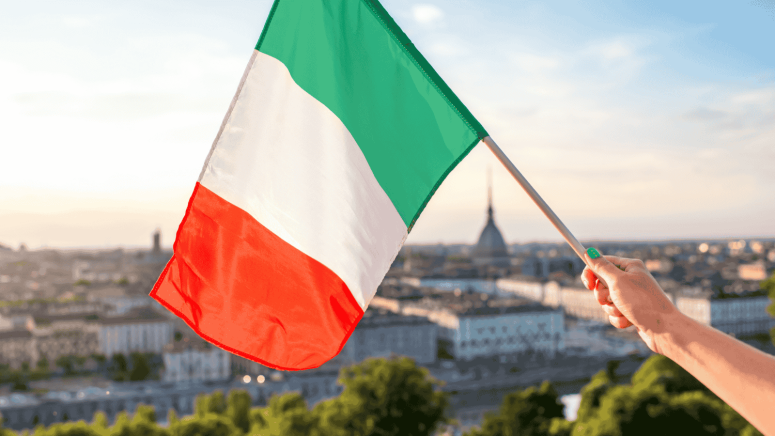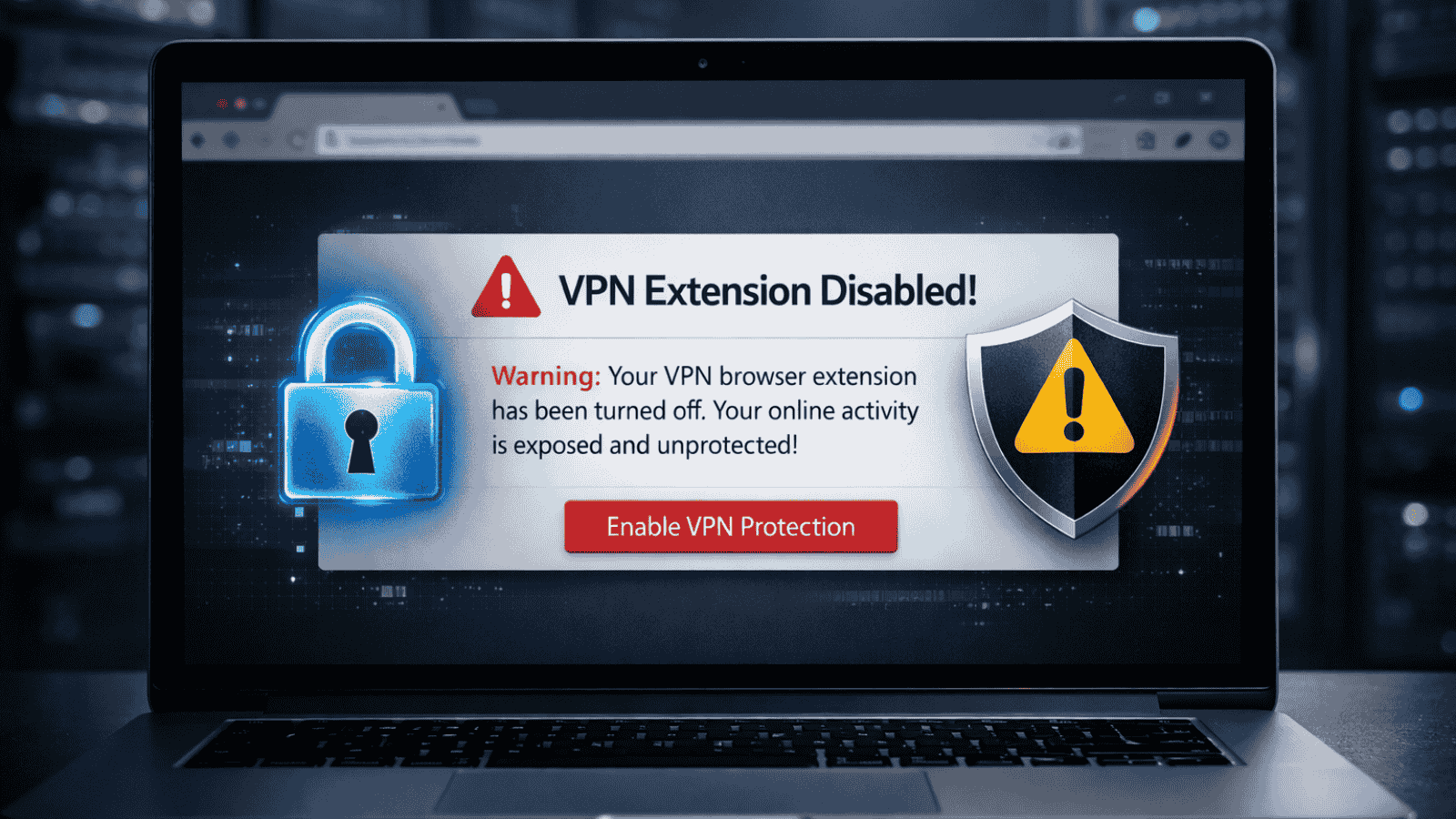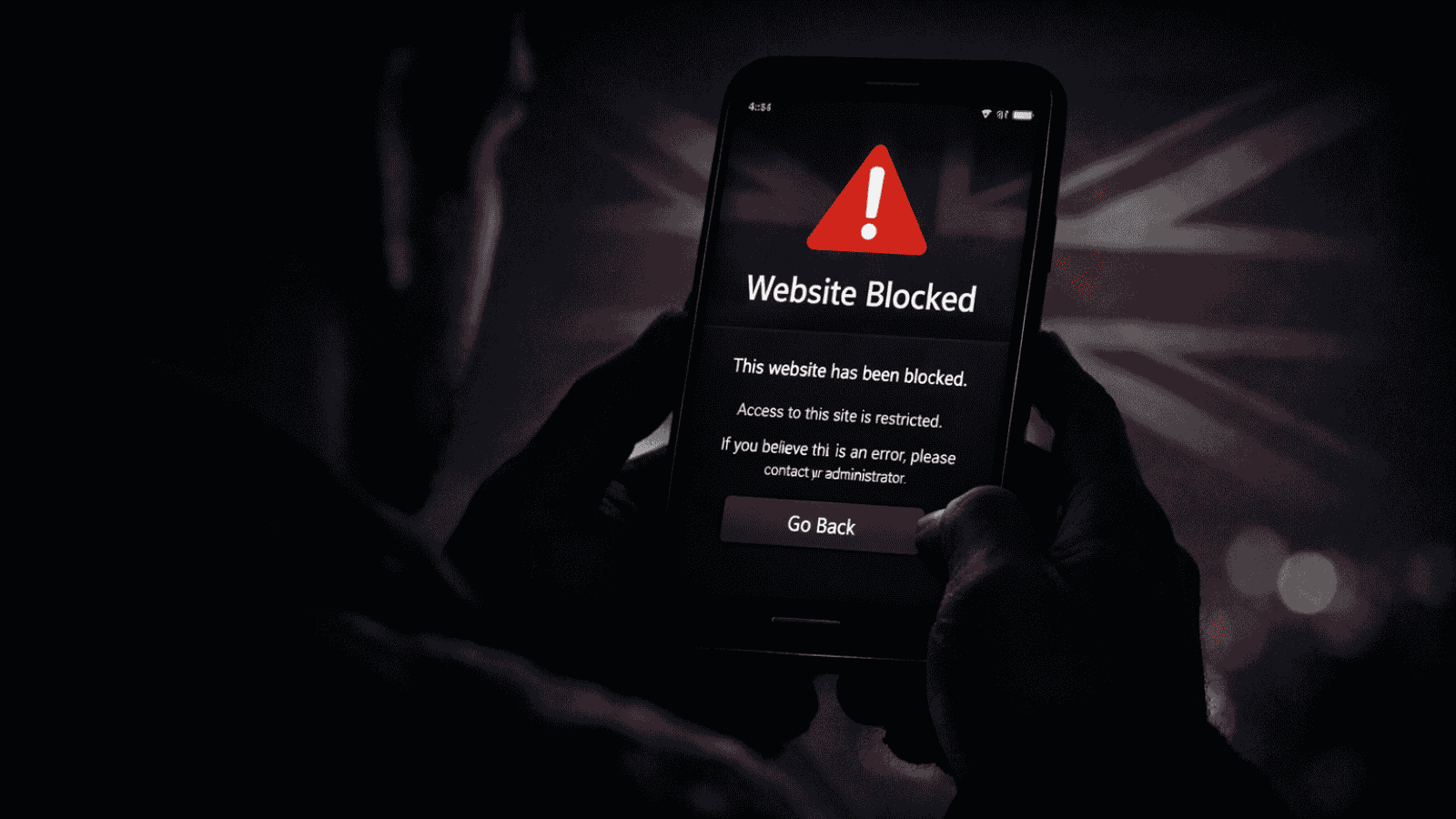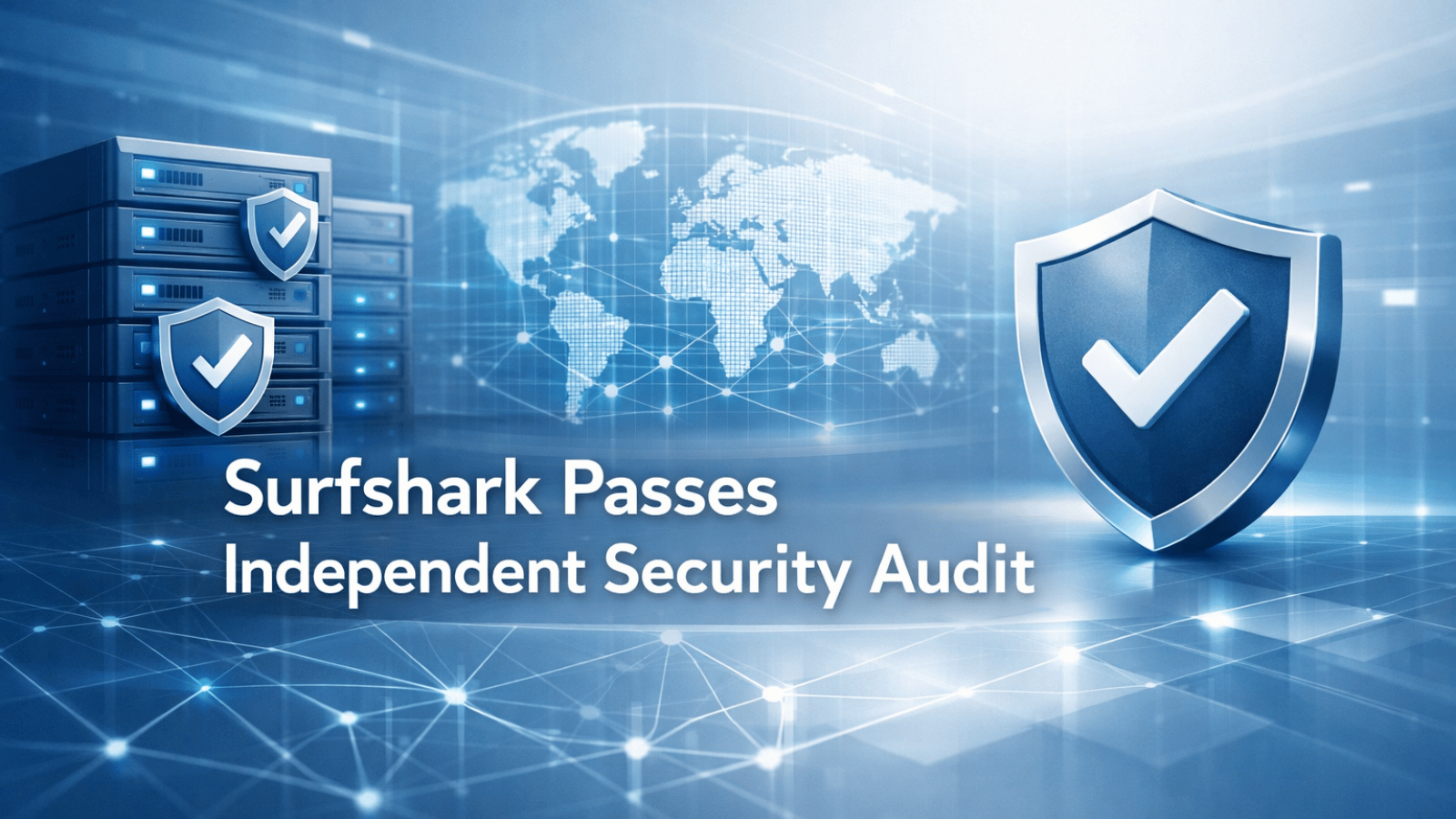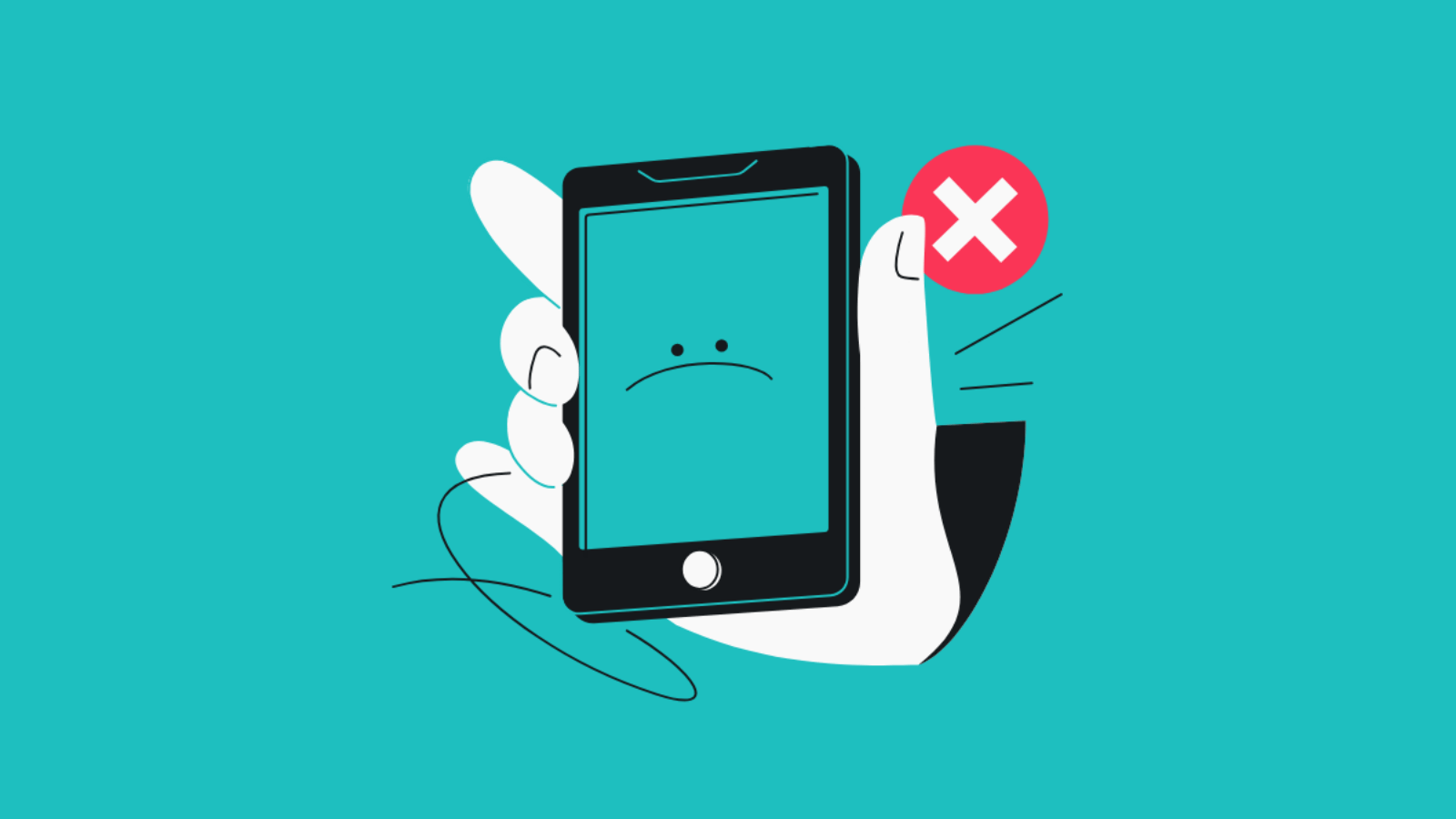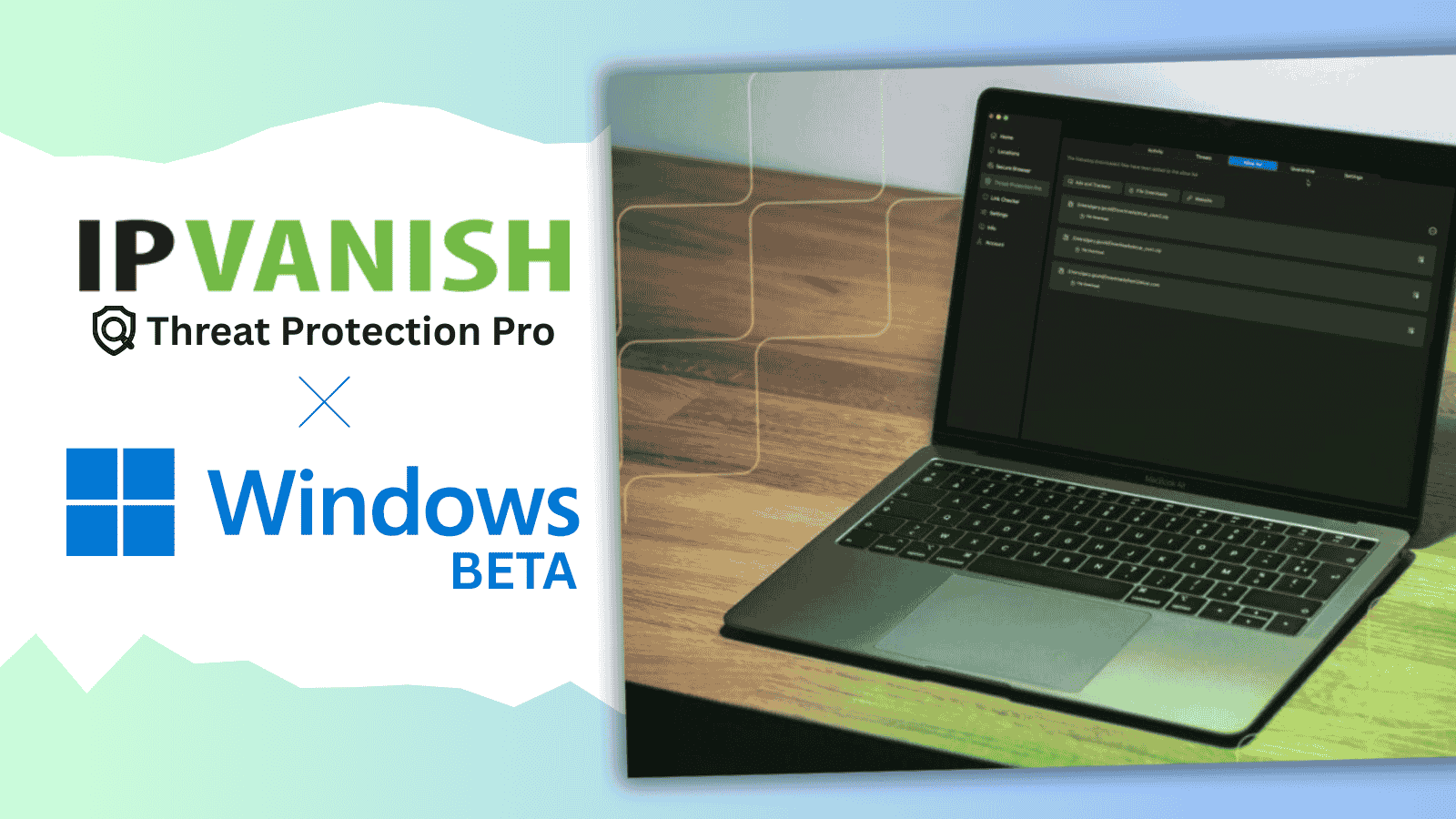
Italy to Enforce Age Checks on Adult Websites: Join UK and France
- Implementation Date: Age verification for adult sites starts November 12, enforced by AGCOM.
- System Design: Uses double-anonymity, third party verifies age without sharing user data with sites.
- Public Reaction: VPN searches rise sharply as users seek to bypass new restrictions.
Italy has announced that it will require users to verify age checks before accessing adult websites, joining the UK, France, and several U.S. states in implementing similar measures. The Italian communications authority, AGCOM, confirmed that the new system will officially take effect on November 12, 2025.
According to AGCOM, the move aims to protect minors online while maintaining strong privacy and data security standards. However, as seen in other countries, the announcement has already sparked a surge in online interest in VPN services.
How Italy’s Age Checks System Works
The new verification framework, outlined by the European Platform of Regulatory Authorities (EPRA), is designed to ensure anonymity and privacy through a system known as “double-anonymity.”
Here’s how it works:
- A certified third party first verifies a user’s identity.
- That third party then issues a secure token, which confirms the user’s age without revealing their personal details to the website.
- The adult website receives only the token, not any personal information, while the third party remains unaware of which site the user visits.
This structure is meant to strike a balance between privacy protection and age enforcement. However, experts warn that concentrating user data in a single verification system could still create a high-value target for hackers.
Additionally, users must repeat the process for each visit, which could raise concerns about convenience and potential data exposure over time.
Which Websites Are Affected?
AGCOM’s initial list includes around 50 adult websites, but officials say that number could grow as enforcement expands. EPRA also noted that the measure’s scope might later extend to other types of online content considered inappropriate for minors, not just adult entertainment.
This possibility mirrors developments in the UK, where some critics have argued that such systems risk overreach and could lead to broader content regulation online.
Public Reaction and VPN Surge
Public response in Italy has been mixed. While some support the move to safeguard minors, others have raised concerns about online freedom and privacy.
Data from Google Search Trends shows that searches for VPNs have sharply increased in the past week, and queries related to “November 12”, the date the restrictions begin, have jumped by 140%.
The trend suggests that many users are already looking for ways to bypass the verification system. Experts warn, however, that turning to unreliable or free VPN services could actually put users’ data at greater risk, as these services often collect and sell personal information.
For those seeking privacy protection, security specialists recommend using trusted VPN providers that are known for their strong encryption and no-log policies.

